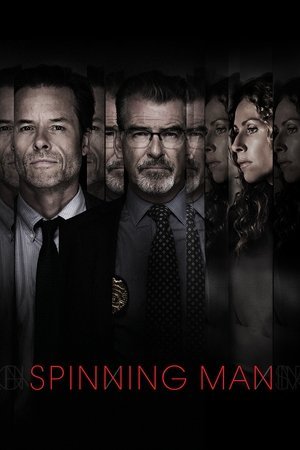Gaslighting
As we delve into the realm of gaslighting - manipulating someone by psychological means into doubting their own sanity, memory, or perceptions - we find that cinema has been a fertile ground for this insidious tactic. From the classic 'Gaslight' to modern thrillers like 'Rosemary's Baby', these films remind us of society's darker side while challenging our notions of trust and reality.
In 'Gaslight', we witness a young woman's descent into uncertainty as she navigates her new home with her husband. The house, it seems, harbors secrets: eerie occurrences that shake the protagonist's sense of truth. The film masterfully orchestrates an atmosphere where shadows hold their own mysteries, forcing the audience to grapple with questions about perception and reality alongside our resilient heroine.
In 'Rosemary's Baby', fear takes center stage. The sinister apartment building provides a perfect backdrop for this tale of paranoia and horror. As Rosemary begins to suspect her husband's intentions, the film expertly weaves together themes of trust and betrayal against a chilling canvas that leaves viewers on the edge of their seats.
But gaslighting isn't just about haunted houses or evil spouses. In 'Bring Her Back', we see it employed by a foster mother who hides a terrible secret from her new siblings. The film serves as a stark reminder that gaslighting can happen anywhere, even within the supposed safety of family dynamics.
The Great and Terrible Day of the Lord adds another dimension to this theme. Here, God becomes the manipulator as Michael communicates directly with Gabby by possessing his body. It raises intriguing questions: Is he a psychopath or an instrument of divine guidance? As they navigate their newfound relationship, the couple must grapple not only with each other but also with their own beliefs and desires.
Even legal systems aren't immune to gaslighting, as seen in 'Under Suspicion'. A lawyer finds himself ensnared in a series of unexpected complications when summoned for a seemingly routine clarification at the police station. As time ticks away and his absence grows longer, so does the tension, mirroring the protagonist's increasingly desperate situation.
Lastly, Dangerous Crossing presents us with an opulent setting for gaslighting-the grand ocean liner against the backdrop of a golden era. When a newlywed husband mysteriously disappears, her fellow passengers refuse to believe in his existence. This suspenseful tale challenges our protagonist's resilience and inner strength as she fights against isolation, paranoia, and a world where nothing is quite what it seems.
In conclusion, gaslighting isn't just a psychological tactic; it's a reflection of human nature's darker impulses. These films remind us that trust and reality are fragile constructs, easily manipulated by those who seek power or control. They invite us to question our own perceptions, to empathize with characters struggling against deception, and ultimately, to appreciate the value of honesty in all aspects of life.





























